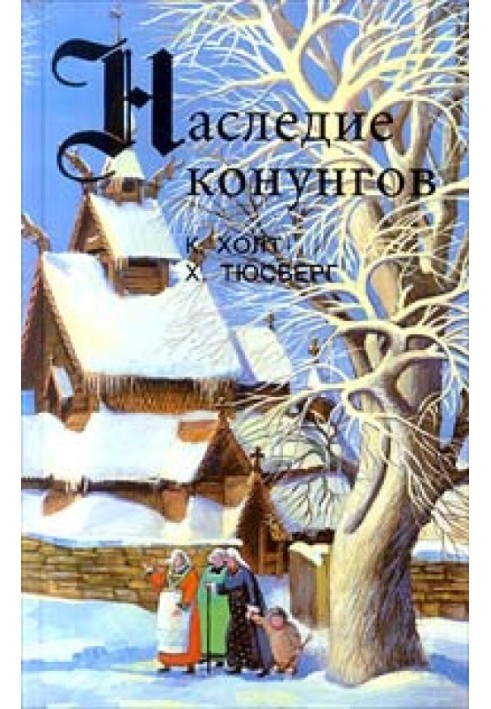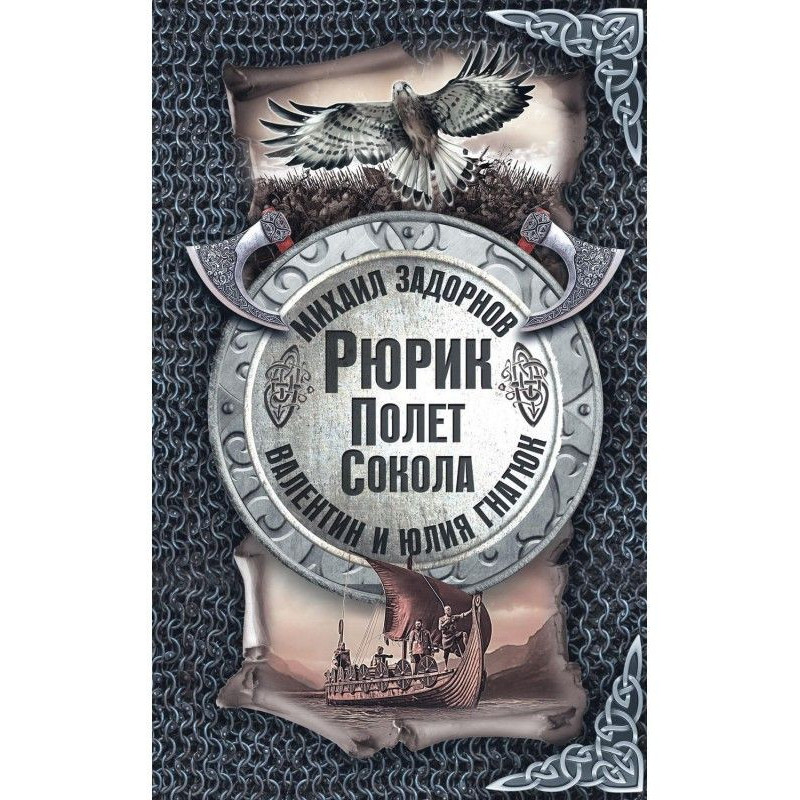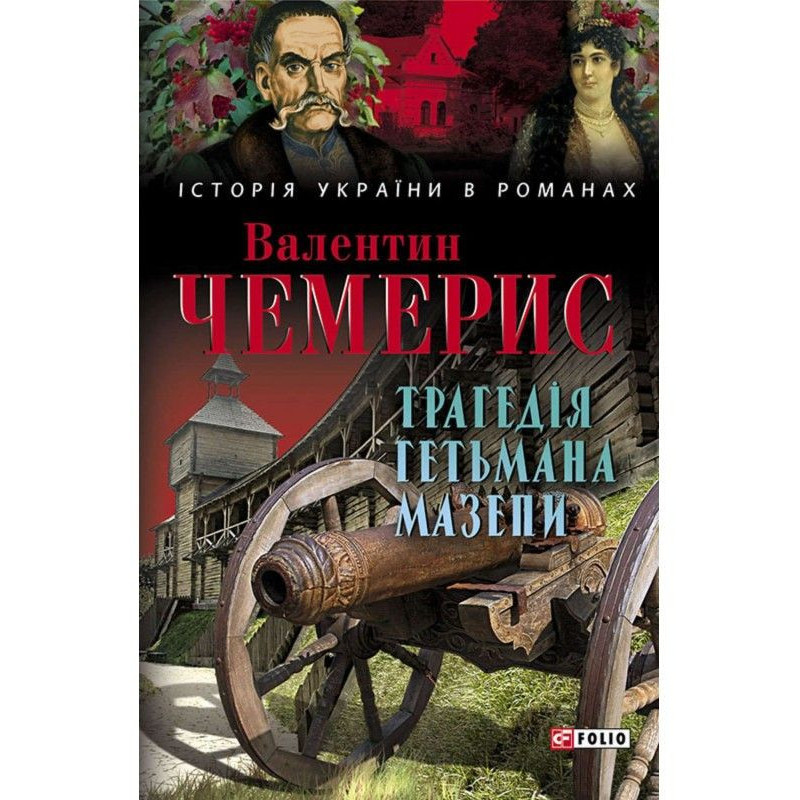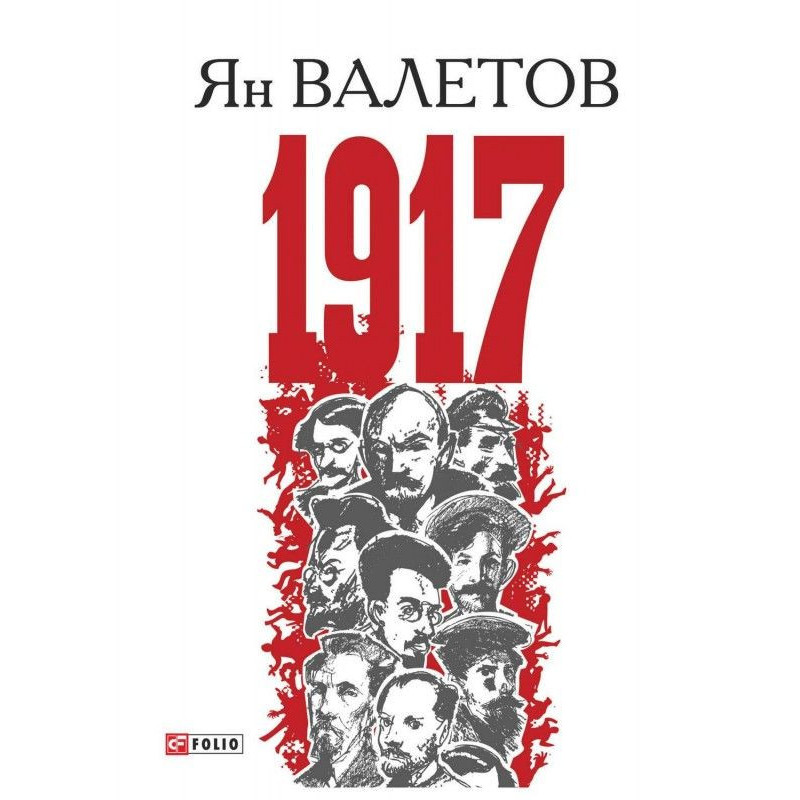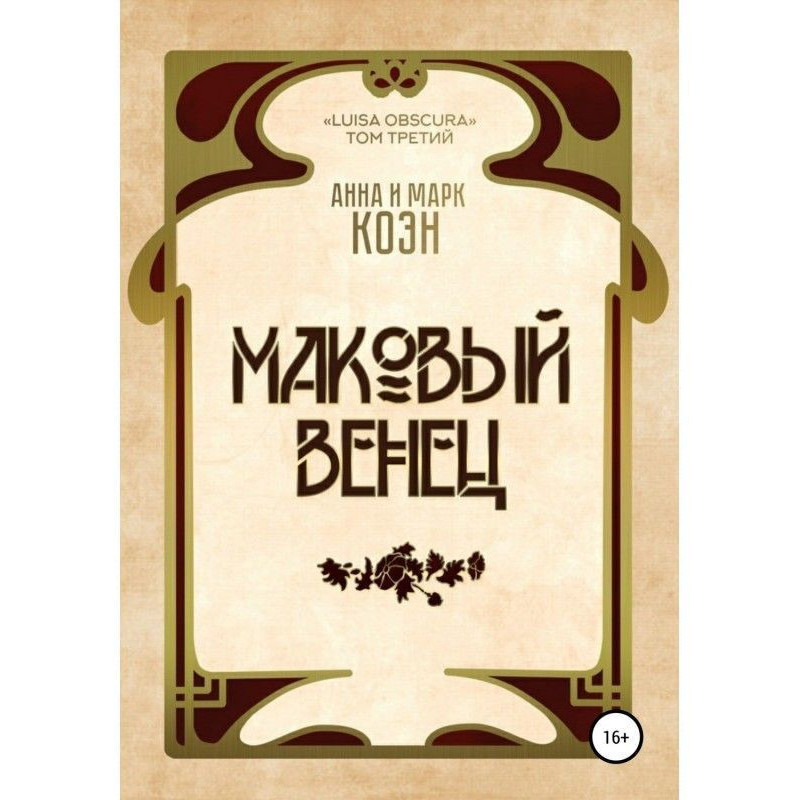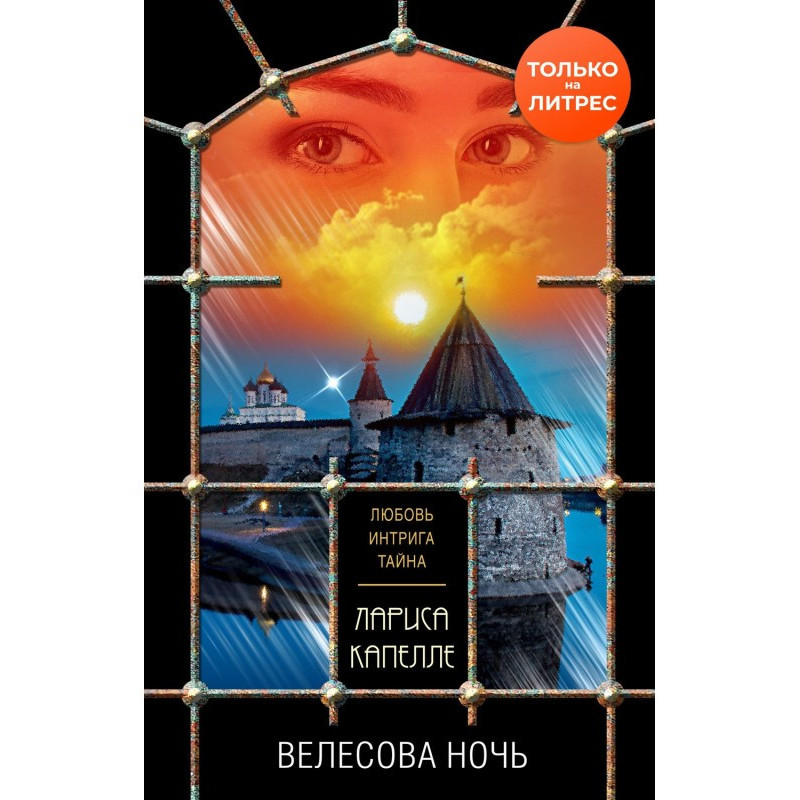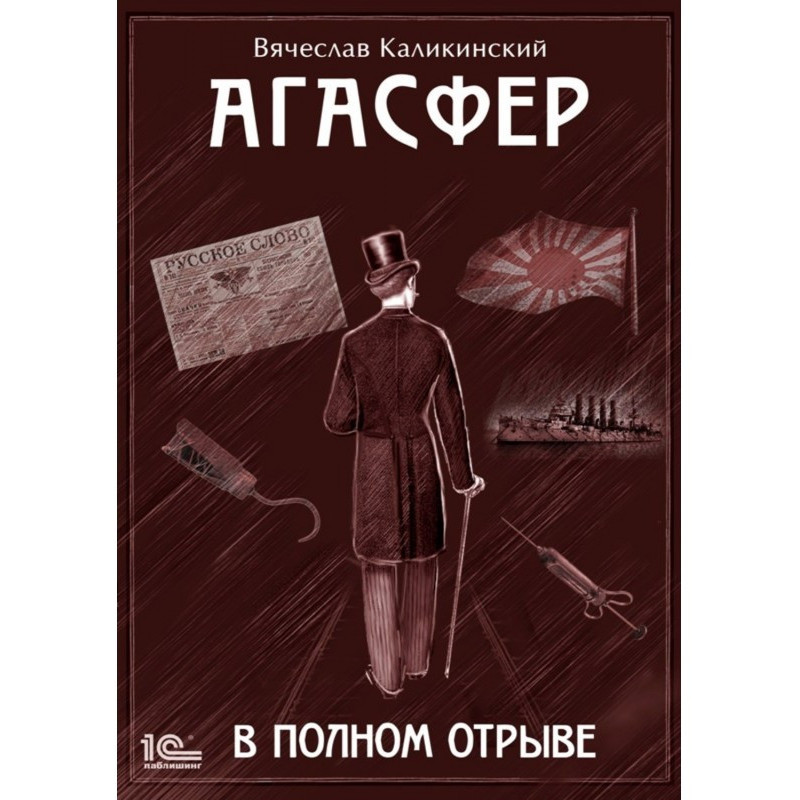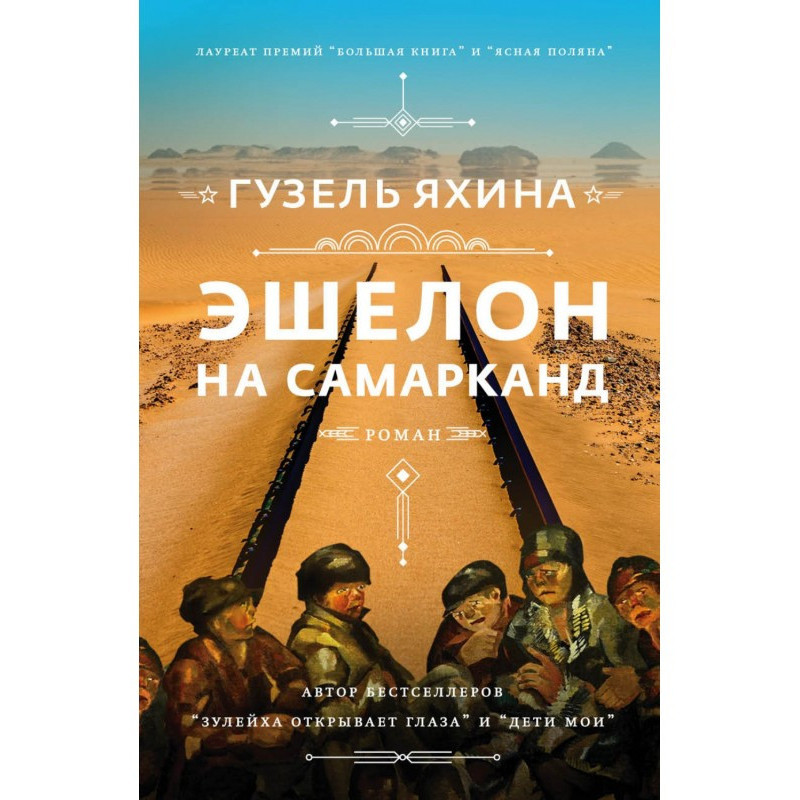Konung. Master and slave
 Instant download
Instant download
after payment (24/7)
 Wide range of formats
Wide range of formats
(for all gadgets)
 Full book
Full book
(including for Apple and Android)
In the previous volume of our series entitled “King”, readers have already become acquainted with one of the most dramatic periods in the history of Norway - the era of “civil” wars and “imposture” (XI-XII centuries). There were two kings in the country - Sverrir and Magnus, and the first had very dubious rights to the throne. Sverrir led an army of Birkebeiners (lit. “birch-legged”), who received this nickname because, having worn themselves while wandering in the forests, they wrapped their legs in birch bark. Puppeteers spoke out against Sverrir’s supporters ( go cloakmen) and co-workers. Magnus's followers were called puppeteers because of the cloak without sleeves and with a hood, which was worn by the clergy, who, basically, opposed the power of Sverrir. Bishop Nicholas even gathered an army against the impostor, who received the nickname co-workers (from the bishop's staff In general, it must be said that in this fight the opponents were not particularly shy about insulting each other. This is how it is described in the old “Saga of Sverrir”: “Nicholas and his people had a boy, whom they called Ingi the son of King Magnus son of Erling. The Beresteniki said that he was a Dane and was called Thorgils the Pile of Shit.” About this period and about the struggle for power after the death of Sverrir will be discussed in this book. It includes the final part of Kåre Holt’s trilogy “Konung” and Harald Tysberg’s novel “Hakon. Inheritance."Happy sailing on the Viking longships!
Data sheet
- Name of the Author
- Коре Холт
- Language
- Russian
- Translator
- Екатерина Медякова
Татьяна Анатольевна Чеснокова

